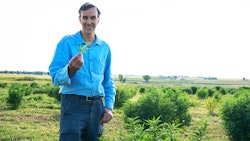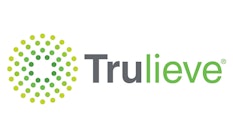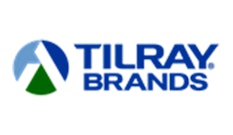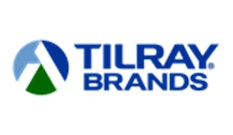
Medical cannabis sales in Arkansas have reached $6 million since the state’s dispensaries started opening in May.
Eight retailers are now operational, and the state’s first two dispensaries, located in Hot Springs, have collectively sold nearly 500 pounds of cannabis since May, according to a KATV report. The two retailers in the northwest area of the state have sold nearly 60 pounds since opening earlier this month, KATV added.
While the Arkansas Department of Finance and Administration originally estimated that cannabis sales could reach 1,000 pounds by the end of the year, the agency has increased its prediction.
“I think the better question now is, will we hit 2,000 pounds by the end of the year? So, to say that sales have sustained and been strong would be a bit of an understatement,” Department Spokesman Scott Hardin told KATV.
Earlier this month, the Department of Finance and Administration announced that sales topped $4 million through the end of July. All told, the state will collect more than $630,000 in sales tax revenue from the current total sales.























